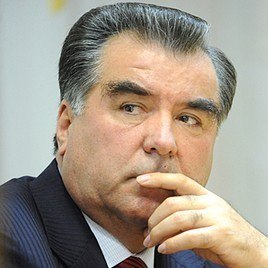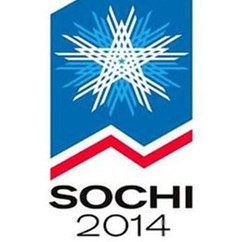On August 1, Tajikistan President Emomali Rakhmon paid a quick visit to Moscow to meet with his Russian counterpart Vladimir Putin. Commentators agree the visit is essentially linked to the expected presidential elections in Tajikistan in November, as Rakhmon needs to ensure full support for himself in Moscow.
Russian-Tajik relations remain fairly complicated. Some key unresolved issues that have dominated the bilateral agenda for past years include:
- prolongation of the agreement on the Russian military base in Tajikistan, with Dushanbe effectively delaying its completion by linking it to other items in bilateral relations (listed next);
- export duties on Russian gasoline supplied to Tajikistan, making the latter heavily dependent on gasoline smuggled from Kyrgyzstan, which, in its turn, won an exemption from paying the Russian export fee; and
- Russia’s vague promise of military assistance and Tajikistan’s insistence on Russian investments into hydropower plants.
The pre-election visit of Rakhmon was certainly a convenient moment for Russia to remind him of earlier commitments.
Tajikistan hosts Russia’s largest military base outside its territory with about 7,000 troops based in three different sites. The base was created on the basis of the 201th division that operated in Afghanistan before getting stationed in Tajikistan as a part of the Russian military. In 2004, Tajikistan and Russia signed a 10-year agreement for the base. In September 2011, Russian President Dmitry Medvedev announced a new agreement for the military base that would last for 49 years and that would be signed by April 2012. This, however, was not to happen, mainly as a result of Tajikistan’s position. A 30-year deal was signed in October 2012 during Putin’s visit to Dushanbe. The Russian Duma ratified the agreement in April 2013, but the Tajik parliament has not done so yet.
Apparently Dushanbe has been trying to link the finalization of the agreement on the military base with securing some important concessions from Russia. Particularly, Tajikistan has been insisting on more clarity on Russian $200 million-worth military assistance to Tajikistan, Russian investments into construction of several Tajik hydropower plants, and cancelling the export duty on Russian gasoline supplied to Tajikistan.
The August 1 talks between Rakhmon and Putin have not added any clarity regarding the issues. Rakhmon once again made a promise of ratification of the military base agreement as soon as the Tajik parliament returns from summer recess, and apparently before the elections, which are expected sometime in the middle of November. Rakhmon also confirmed Tajikistan’s interest in seeking Russian investments into hydro energy. However, the Russian president remained reserved, limiting his rhetoric to general statements about activation of cooperation on drug-trafficking, terrorism, and so on, and avoided any mention of gasoline export fees and investments into hydro power plants.
The important role of the Russian media in Tajikistan and the existence of over one million Tajik labor migrants in Russia are among the key reasons why Tajikistan’s leader seeks the Kremlin’s support at this juncture. Likewise, Moscow, though careful with promises, is interested in securing a loyal leader in Tajikistan, given that it lost much leverage against some other bigger states in the region. A reference point for both may be the Kyrgyz-Russian bilateral deals in 2009-2010 that similarly involved promises on base agreements (albeit, an American one), investments into the energy sector, and the same infamous export duty on Russian gasoline, all in the context of the Kyrgyzstan’s presidential elections and its aftermath.
Shairbek Juraev is with the OSCE Academy in Bishkek, blogging for PONARS Eurasia on Central Asian issues. The comments made and views expressed are solely the responsibility of the author.










